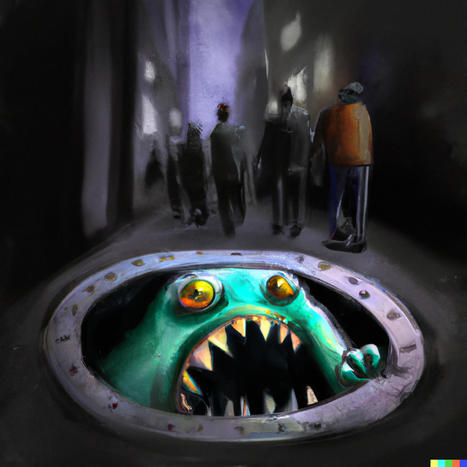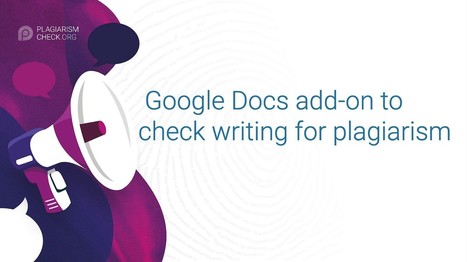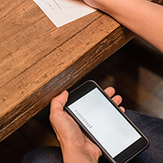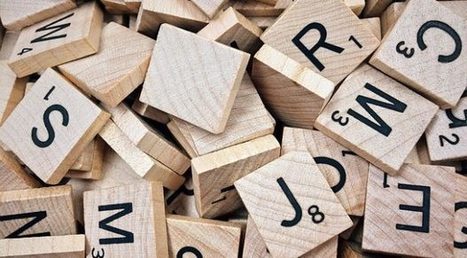I started teaching economics in higher education almost a decade ago, and yet the memory of the first time I asked a student to meet with me to talk about plagiarism is still painful. Rather than resolve anything, in the middle of our conversation he abruptly stood up and walked out, slamming the door behind him.
Throughout my career from my bachelor’s degree to my PhD, I had been warned about plagiarism. We learned the dos and don’ts in my undergraduate work and during graduate school when writing research articles for peer-reviewed journals. I remember wondering why anyone would risk his or her reputation. And yet thinking back to that first student plagiarist, the problem made me realize that plagiarism is more complex than simple laziness.
Via
Elizabeth E Charles



 Your new post is loading...
Your new post is loading...



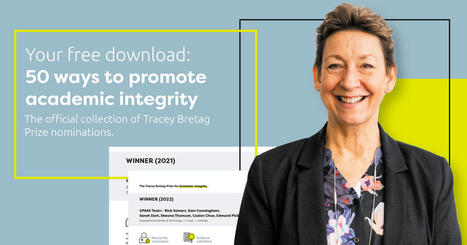

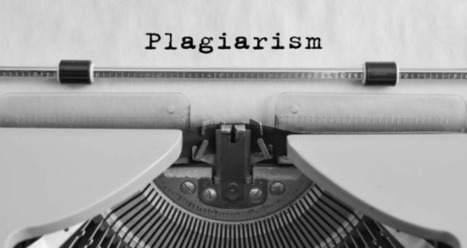
![Reliable Sources: Promoting Critical Thinking in the [Mis]information Age | Education 2.0 & 3.0 | Scoop.it](https://img.scoop.it/IU63pDheV-ct6OMSeL8OUDl72eJkfbmt4t8yenImKBVvK0kTmF0xjctABnaLJIm9)
